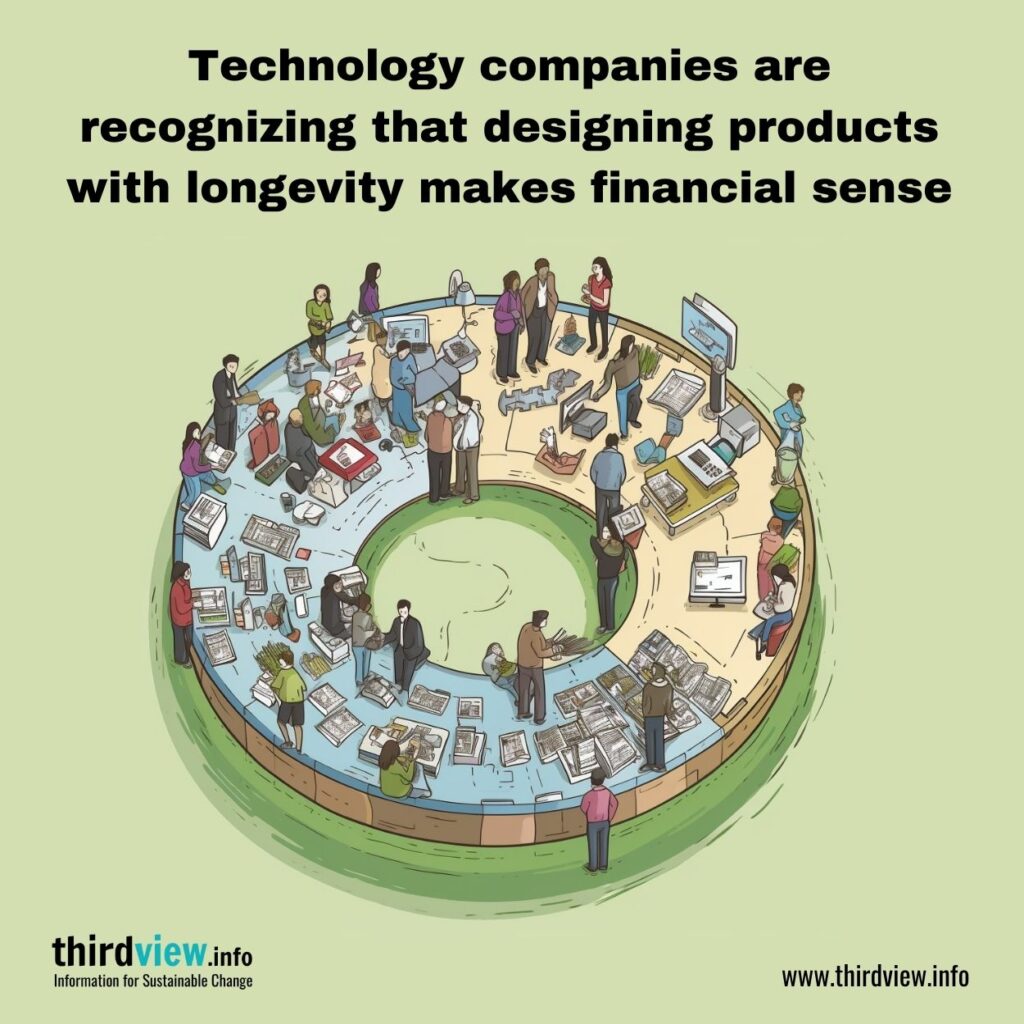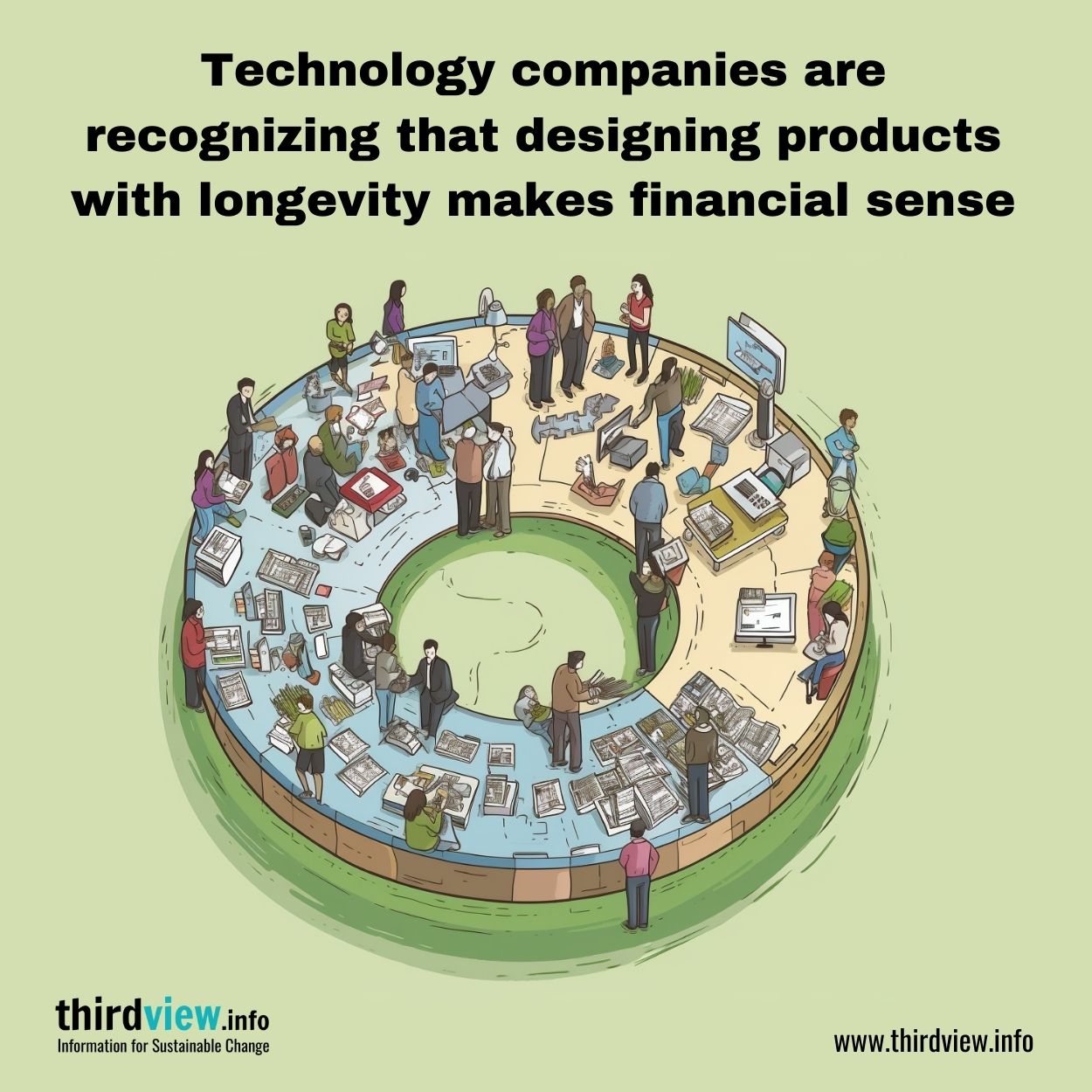The circular economy is a model that is quickly becoming more popular as it allows businesses to redirect resources back into the production cycle. This model has been embraced by many industries, from fashion and technology to food and transportation. But which industries are leading the charge when it comes to embracing the circular economy? Let’s take a look at some of the major players that are driving this trend.
Fashion Industry
The fashion industry has been one of the earliest adopters of circular economy principles. Brands like Eileen Fisher, Patagonia, and Levi Strauss & Co have all made commitments to reducing waste by designing clothes with sustainability in mind. They have also implemented initiatives such as closed loop manufacturing processes, reusing materials, and offering repair services for their products. These companies have not only reduced their environmental footprints but also given consumers an eco-friendly option when buying clothes.
Technology Industry
Technology companies have also begun to embrace circular economy principles as they recognize that creating products with longevity makes financial sense. Companies like Apple, Dell, HP, and Samsung have all implemented recycling programs for their products as well as extended product warranties to encourage customers to use their products for longer periods of time instead of replacing them frequently. Additionally, companies like Microsoft are now offering subscription-based software so that customers can access their software without having to purchase it outright.
Food Industry
The food industry is another area where businesses have started implementing circular economy principles. Food waste is a major problem around the world and businesses are looking for ways to reduce it while still maintaining profitability. Companies such as Tesco in the UK and Walmart in the US have implemented comprehensive “farm-to-fork” initiatives aimed at reducing food waste throughout their supply chain by tracking where food is going and making sure it doesn’t end up in landfills unnecessarily. Additionally, many restaurants are now utilizing composting programs that turn food waste into valuable nutrients for soil enrichment or even energy sources like biogas or biofuel.
The Automotive Industry
The production and sales of cars relies heavily on artificial scarcity, but there are several companies that are challenging this status quo. BMW, for example, launched its own car subscription service in 2018, allowing customers to rent their cars instead of buying them outright. This shifts the burden from consumers to the company itself—they can now invest in more durable parts rather than cheaper ones designed to break down after a certain number of miles. Car sharing services such as Zipcar have also become increasingly popular, offering people access to cars without the need for ownership.
As we can see, many industries are starting to embrace circular economy principles in order to reduce their environmental impact while still maintaining profitability—from fashion and technology to food and transportation sectors alike. By utilizing innovative strategies such as reuse, repair services, extended product warranties, farm-to-fork initiatives, composting programs etc., these businesses are showing us how we can create economic value while being mindful of our planet’s finite resources too. Going forward, we hope more businesses join this trend so that together we can create a healthier planet for future generations.


